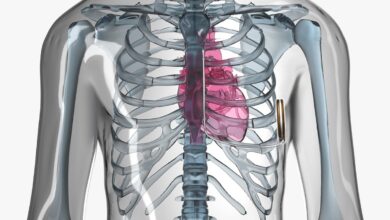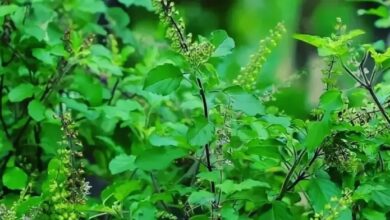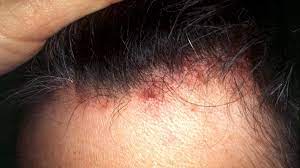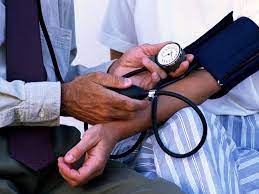World Haemophilia Day 2024: Take precautions to avoid bleeding into joints since it may cause serious harm and suffering
New Delhi: Over 1.3 lakh instances of hemophilia have been registered in India so far, making it an uncommon condition. India reportedly has the second-largest number of haemophiliac sufferers. However, the precise number of deaths attributed to this condition in India is yet unknown. A person’s lifetime is unaffected by the sickness by itself. The illness is often a hereditary bleeding disease where bleeding may occur spontaneously due to improper blood clotting. Aside from the other issues, the connection between hemophilia and joint health is one of the most important ones.

On World Haemophilia Day, it is critical to draw attention to methods for controlling patients’ discomfort and reducing bleeding in order to enhance their quality of life.
According to Dr. Vidit Kapoor, an associate professor of medical oncology at Amrita Hospital Faridabad, hemophilia is an uncommon hereditary condition that prevents blood from clotting properly, as reported by News9. People who do not coagulate blood normally may bleed excessively or very quickly. Sometimes, the bleeding poses a serious risk to life. Joint health is one of the main concerns for people with hemophilia, since repeated bleeding into the joints may result in serious harm and discomfort.
This entails scheduling regular consultations with a haematologist or blood specialist. To keep enough clotting factor in the blood, regular preventive therapy with clotting factor concentrates can be necessary. Essential precautions include following treatment plans and avoiding activities that might raise the risk of bleeding, such contact sports and strenuous physical activity.
Joint Health and Haemophilia
Dr. Kapoor states that bleeding into joints, especially weight-bearing joints like the knees and ankles, may cause stiffness, persistent discomfort, and eventually joint degeneration. Early detection of joint bleeds is essential to preventing these problems. Patients and their carers should be on the lookout for symptoms including edema, warmth, and limited joint mobility, and they should get medical help as soon as possible.
Preventative actions should be performed
For individuals with hemophilia, adequate pain management is essential in addition to preventative measures. Aspirin and ibuprofen are examples of non-steroidal anti-inflammatory medicines (NSAIDs) that are often avoided because they may raise the risk of bleeding. Paracetamol is the recommended medication instead for mild to severe discomfort. Physiotherapy, cold packs, and joint rest might be helpful for more severe pain. Dr. Kapoor noted that joint injections can be required in some circumstances.
Additionally, adopting lifestyle changes might help people with hemophilia maintain improved joint health. Regularly engaging in joint-safe activity, like cycling or swimming, may help you maintain a healthy weight and enhance your mobility. Individualized physiotherapy regimens may also help strengthen the muscles around joints, improve support and lower the risk of bleeding.







